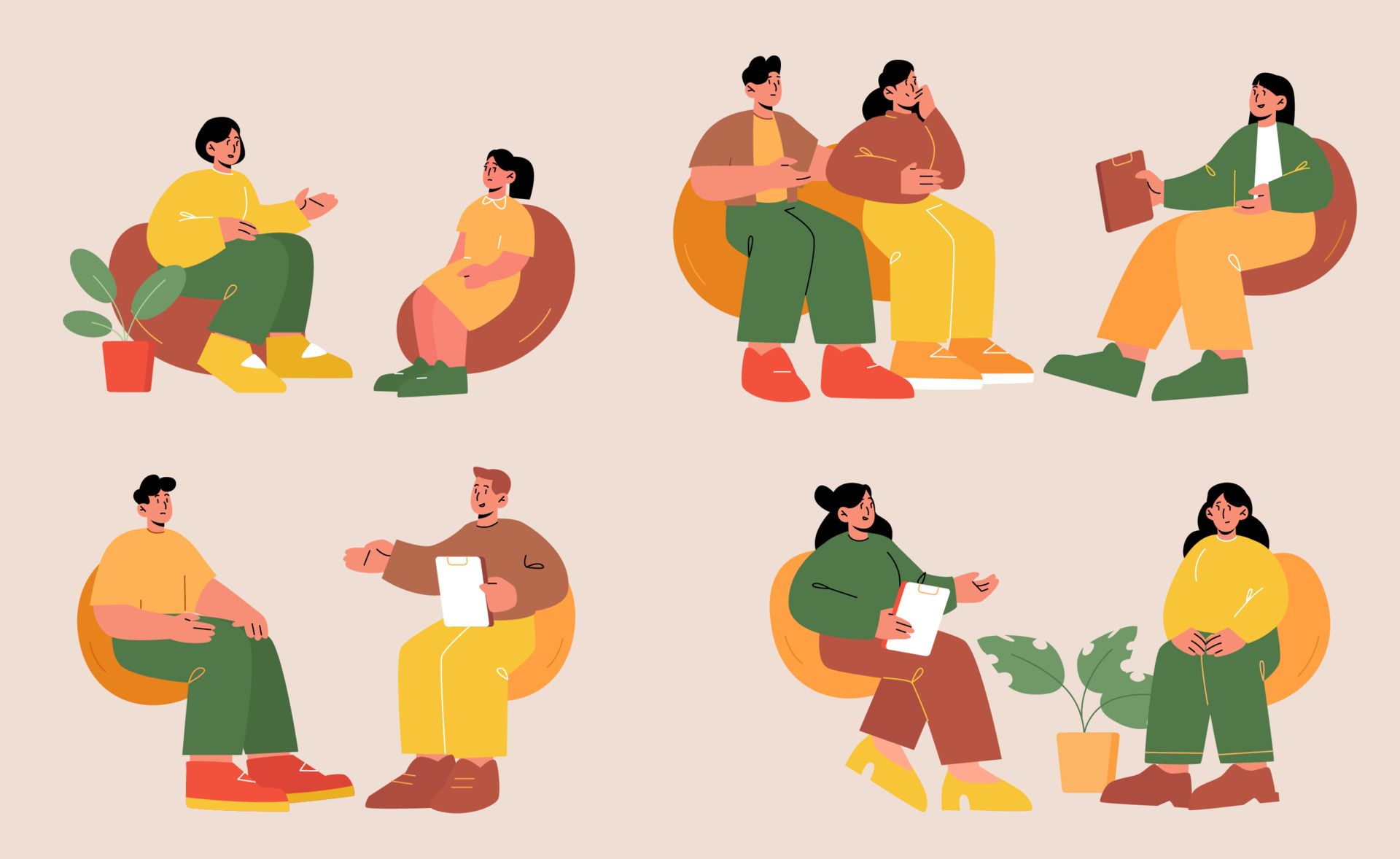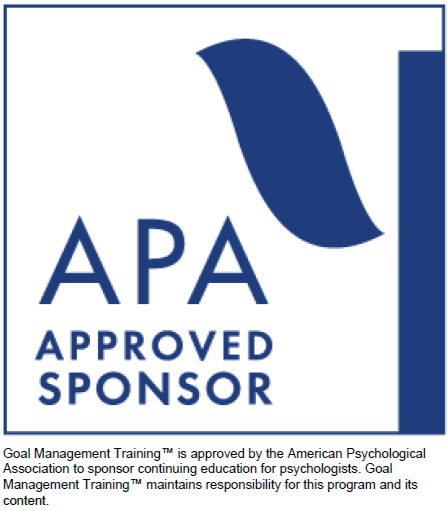Over the years, I’ve also encountered situations where I’ve found it necessary to exercise clinical judgement and experiment with different ways of delivering the GMT content. Often times, these opportunities have arisen in response to specific client needs.

Sarah's story: Reinforcing Basic Skills

Kelly’s Story: Impact of a Brief GMT Intervention
In contrast, some clients benefit from a single session of the CORE GMT skills to target a specific functional challenge. I once facilitated a one-off session for a group of clients who were actively engaged in a PTSD treatment program. These clients had expressed interest in learning some strategies to manage their attention and memory challenges. I provided an overview of the CORE GMT sequence: Absentmindedness/Automatic Pilot—STOP!—Breath Focus—CHECK the Mental Blackboard. A few days after the session, Kelly (a pseudonym), a client who had attended this group approached me to tell me of her success in using the GMT sequence. Kelly detailed her experience using the STOP!—Breath Focus—CHECK the Mental Blackboard to remind herself of her goal during a challenging task. She had set a goal of spending time in the community despite very powerful urges to avoid crowds of people. Kelly skillfully used the STOP! technique whenever she felt overwhelmed and had the urge to retreat to her car (Automatic Pilot). She used the Breath Focus (having already been exposed to and practiced mindfulness) to clear her mind and check her Mental Blackboard to remind herself of her goal of spending time in the community. She was able to use these skills at frequent intervals, manage her automatic responses and achieve her goal. This brief exposure to the CORE skills of GMT helped Kelly to manage her emotions, thoughts, and behaviours that she was developing in her main treatment program.
GMT Foundations
GMT Foundations gives clinicians the option to modify GMT delivery to better suit the diverse needs and treatment responses of clients whenever indicated, and at the same time preserve the essential elements of this well-researched intervention. The flexible GMT system is an exciting step in the evolution of GMT in diverse treatment settings.



